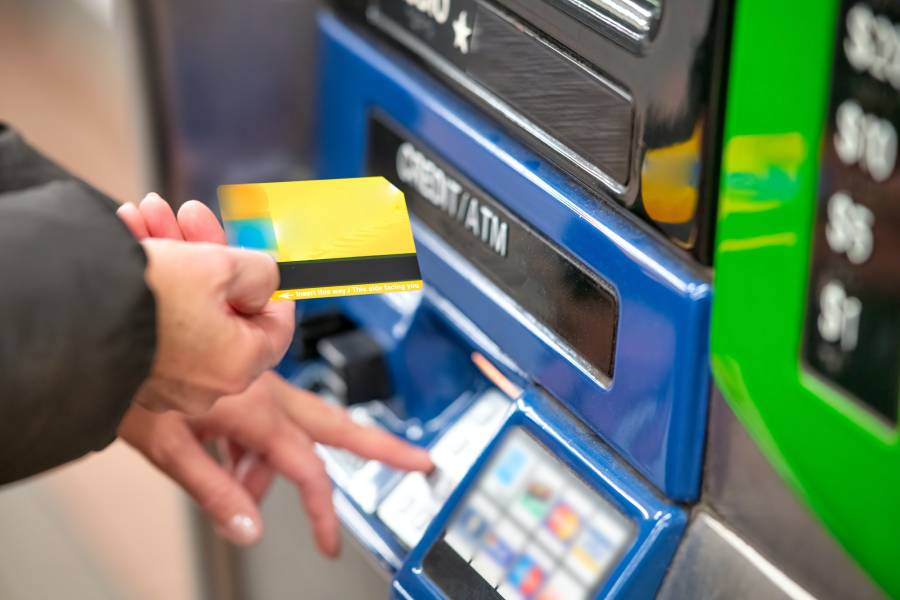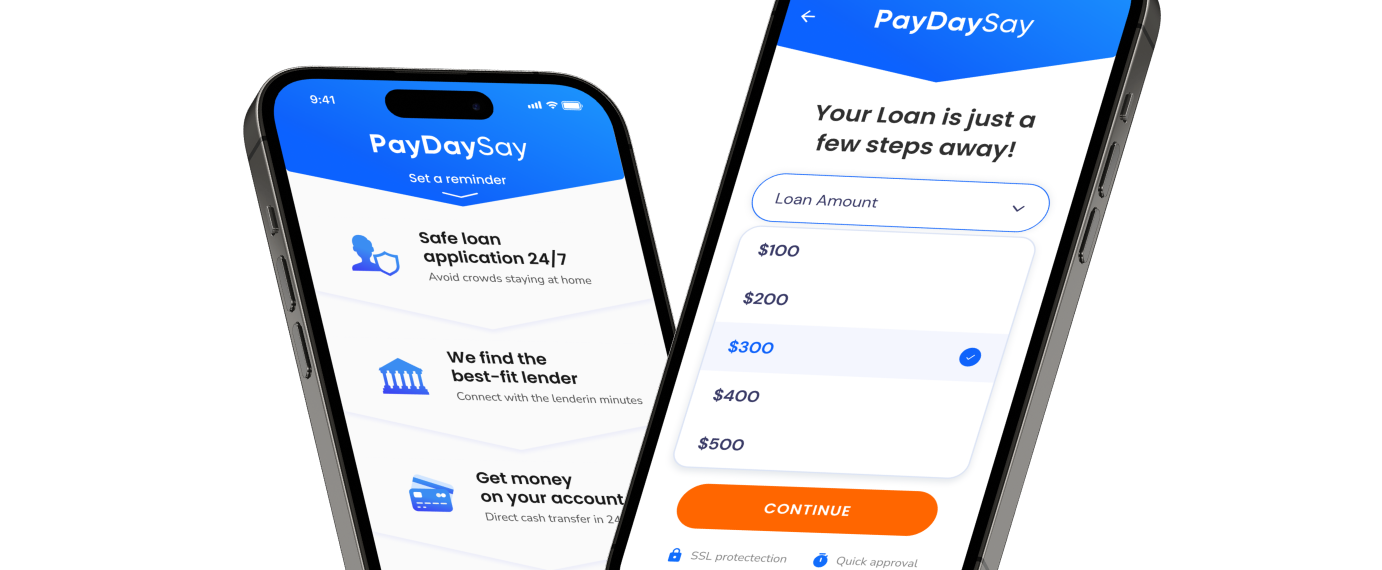Wondering how to increase credit limit? As much as we hate to admit it, credit cards are a staple of modern life. They’re also an essential part of building a strong financial history and keeping personal finances in check. Unfortunately, not all cards are created equal.
Any credit card will come with its own set of rules regarding how and when you can use it, and most will also have their own unique limitations regarding monthly spending limits, transaction amounts, or both.
One of the most common restrictions placed on most card accounts is a limited spending limit—but that doesn’t mean you can’t increase yours if the one your lender or a borrow money app offers isn’t enough for your needs. Here’s some information about how you might be able to do so.
How To Increase Your Credit Limit
If you’re someone who tends to live within a fixed budget and rarely overspends, then a low limit could be hindering your day-to-day financial habits. So, increasing your credit limit is beneficial in many ways.
For example, if you have an affordable car loan with a low credit limit, you might not be able to afford that new furniture or vacation due to insufficient spending power. In fact, having a low limit can be a sign that lenders don’t trust you quite as much as they could.
But there are ways to increase your credit limit that won’t jeopardize your standing with the bank or impact your FICO score negatively. Here are some useful tips on how you can increase your limit – safely and securely – at any financial institution:
Credit Increase Online
Credit limits are set by lenders. When you apply for a loan, they will decide how much money you’re allowed to borrow. This is based on your income and other factors. There are ways to request an increase in your limit.
- If you have good credit, you can ask your lender to raise your limit.
- You can also ask for a higher limit if you’re approved for a new account, or if your score improves.
To make a request, contact your lender through their website or app, and start the process as soon as possible. Don’t wait until after an account has been opened, as this may impact the approval process. Be prepared to provide proof of income and other details that show you are a reliable borrower.
Credit Increase by Phone
Before making this call, it’s important to realize that some lenders will not be able to increase your credit limit on the phone. If you plan to call your card issuer, find out if they will accept a request over the phone or if they require an in-person request where they can see your face and verify the information you provide.
Before calling your lender, make sure you have all the information necessary to convince them:
- Your latest credit report
- A copy of your recent loan statement
- Any supporting documents
You might want to include proof of your income (such as a pay stub or W-2 form), proof of your debt (such as your most recent statement from the IRS or a utility bill), and a plan for how you will handle future expenses (such as a breakdown of how much you owe on each account).
When Is It Time To Increase My Credit Limit?
A credit score is a number that a lender uses to determine your creditworthiness. It is calculated by taking all of your recent financial histories into account, including any recent applications you have made and whether you have been denied funding in the past. As your score goes up, so does the amount of available credit you might be able to obtain.
When you think it might be time to increase your limit, first make sure that you are ready for the increased financial responsibility that comes with having a larger limit. Next, take a look at your current score. If it is above 600, you can probably safely start applying for new credit without worrying about being denied or having your score lowered as a result.
Finally, if you need more than one line of borrowing and your score is lower than 600, it may be time to increase your limit so that you can start building a positive history. It will help you get approved for future lines of credit.

Advantages of Increasing Your Credit Limit
By raising your credit limit, you’re taking action to improve your financial situation. As your score goes up, so does your chance of getting approved for a loan or card in the future.
- With a higher limit, you can borrow more money for your purchases. This can help you build an emergency fund and pay for unexpected expenses.
- Increasing your limit is one of the most effective ways to improve your FICO score. A higher limit increases credit utilization, which boosts your FICO score.
- When you increase your available credit, it shows that you’re more willing to take on risk and demonstrate a willingness to repay your debts, leading to more favorable terms in the future.
- You’ll have more money at your disposal when you require it most. If you’re in a tight spot, having access to more money can help you get out of debt faster.
It’s also worth remembering that increasing your available borrowing capacity also has other benefits, like helping you build more positive relationships with lenders and increasing awareness of your financial situation.
When Are You Eligible for an Increased Credit Line?
In order to get an increased credit line, you need to be at a good financial risk. You can get an increase if you have a good payment history and a low balance on your credit cards. Some banks also allow for a temporary increase in card limits to help borrowers in the event of an emergency.
There are several reasons why you may need to increase your credit limit. Maybe you have recently graduated and entered the workforce, or you’re going through a rough patch in your personal finances. Whatever the reason, it’s important that you know how to request an increase in your credit limit.
If you’re struggling to pay off your current balance and want to lower your interest rate while you work towards a better financial situation, then it’s also time to ask for an increase in your credit line.
Credit Limit Increasing: What To Consider
Like most things in life, there are pros and cons to getting a higher credit limit. For starters, a higher limit will mean better borrowing power. However, a higher limit means more risk in the form of potential overextension.
You also need to be aware of your credit score before applying for a new card. A high score is usually a positive indication of good financial health, so if you have one, that can be an added bonus. To do this, you should make sure your report is up-to-date because this will ensure a fast application process.
Consider your current financial situation because an increase could be more expensive than you expect. This is because you might not get a good rate on loans with high-interest rates, so you’ll end up paying more in interest than you would if you had just tried to build up your available credit with smaller balances.
All in all, increasing your credit limit is a great way to not only improve your financial situation but also build up your financial history and score.
Why Your Request For Credit Limit Increase Is Denied?
One possible reason a request for a credit limit increase may be denied is that you might have built up too much debt. This is especially true if you have been increasing your limits over time because it could be an indication that you are financially unstable.
This type of denial may also be related to your financial history, since having a large number of open accounts can indicate a lack of financial discipline. If you have been relying on loans to make ends meet, it’s possible that you may not qualify for an increase in your loan limit.
Another potential reason for a denial of an increase is that you have previously maxed out your credit limits or paid more than you can afford on any one card. If this happens, you will have to pay down your existing balances before you can apply again for a new line of credit with a larger limit.

What to Do If Your Request For Credit Limit Increase Is Denied?
Credit limit increase requests are approved more than 95% of the time, but that doesn’t mean it’s easy. It can be frustrating when your score is low, and you have a few negative items on your report. You might be tempted to apply for a secured card with a low-interest rate or try to get another card in order to boost your credit score.
But this strategy won’t work.
In most cases, you will have a harder time getting approved for a secured card than if you had just applied for a regular card with a higher limit. And if you’re only looking to build your FICO score by adding one or two additional accounts, you will likely see little improvement.
Instead, focus on improving your score by paying off existing debts and reducing your borrowing. Once you’ve done that, apply for the maximum limit increase that is allowed based on your current situation.













 on your homescreen
on your homescreen
